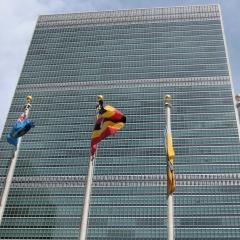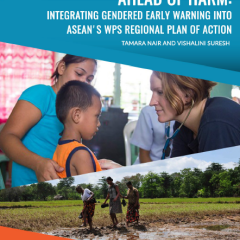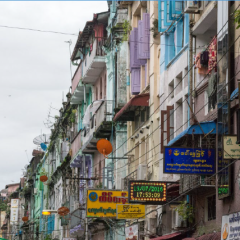Under the UN Charter, the UN Security Council has primary responsibility for international peace and security. But as highlighted by the situations in Syria, Myanmar and elsewhere, in many of today’s most devastating crises, the Security Council is unable to take effective action due to the veto of its five permanent members.
The UN Charter empowers the General Assembly to make recommendations relating to human rights, as well as on matters of international peace and security. As such, the Assembly has a critical role to play in the global campaign to prevent and respond to atrocity crimes. However, the Assembly’s powers in relation to matters of international peace and security – vis-à-vis those of the Security Council – are inadequately utilised.
The Powers of the UN General Assembly in International Law to Prevent and Respond to Atrocity Crimes: A Guidance Document provides a resource for states regarding the powers of the General Assembly in relation to atrocity crimes. It describes various tools that are available to the Assembly – such as requesting reports from the Security Council, establishing fact-finding and investigatory mechanisms and recommending sanctions, alongside numerous others – for use in particular when the Security Council is failing to fulfil its own responsibilities.
Not all the tools described in the Guidance Document are well known, many are under-utilised, and some are controversial. The document is inspired by the conviction that in situations in which the Security Council is indisputably failing to respond to credible reports of atrocities, it is incumbent upon concerned states to at the very least consider and explore – boldly, creatively and proactively – the limits of what the General Assembly can do. It is our hope that this Guidance Document will inspire and assist member states to do so.
The Guidance Document can be downloaded here (PDF, 2.3MB), or from our APR2P Reports page.



